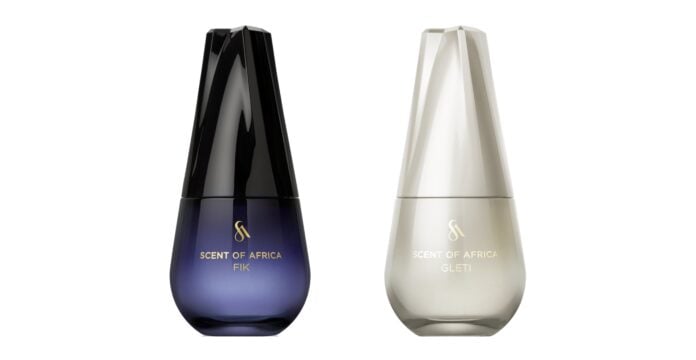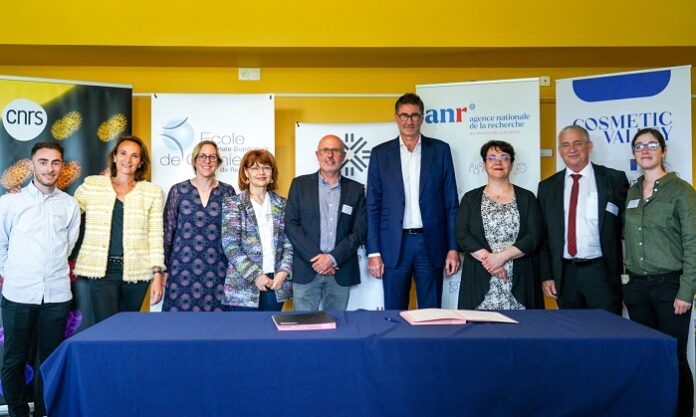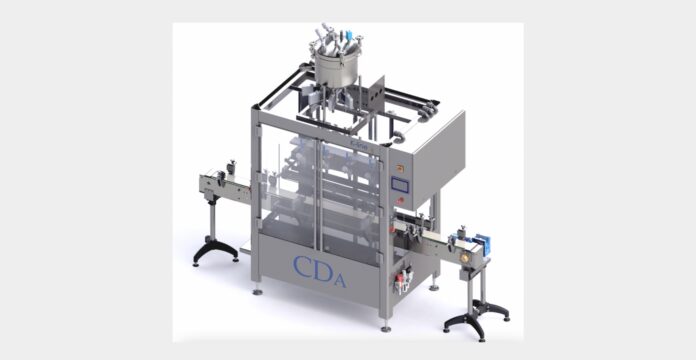On June 6, 2024, Chanel Parfums Beauté, the CNRS, the École Nationale Supérieure de Chimie de Rennes (ENSCR) and the University of Rennes inaugurated a joint laboratory in Rennes, called "Iccare" for Innovative Cosmetics for Care.
The aim of this laboratory, financed by the French National Research Agency (ANR), is to innovate in the field of cosmetics to meet the challenges of eco-design, by pooling the skills of Chanel Parfums Beauté in the development and industrialization of cosmetic products with those in synthesis, catalysis and green chemistry of scientists at the Rennes Institute of Chemical Sciences (CNRS/ENSCR/Université de Rennes).
CNRS points out that cosmetics are the second largest contributor to France's trade balance, with 60 % of production exported, representing a market worth €30.4 billion.1 .
However, to maintain the popularity of French cosmetics, it is vital to provide consumers with constant, well-informed innovation, and to maintain product safety in the light of evolving scientific knowledge, the environmental context and current regulations.
Ecodesign, which aims to improve the life cycle of finished products, has become a major concern.
In order to overcome major technological hurdles, the teams involved in this research-industry collaboration will focus on two areas of research:
- The design and production of new inorganic pigments, essential ingredients in make-up as they constitute the colorimetric composition of shades,
- the production of agro-sourced waxes from non-food vegetable oil using processes with low environmental impact.
"CNRS is delighted to have signed the first joint laboratory agreement with Chanel Parfums Beauté, a flexible and sustainable form of partnership between public and private players. This creation is the result of a relationship of trust established with Chanel Parfums Beauté over the last ten years, around a common scientific challenge: inventing the cosmetics of tomorrow. More specifically, Iccare aims to design more effective, eco-designed cosmetics, in line with the CNRS's major challenges, including that of participating in the environmental transition".emphasizes Jean-Luc Moullet, Deputy Director General for Innovation at CNRS.
"Chanel R&D's collaboration with public scientific research partners is essential if we are to continue to create innovative products in tune with the times. Thanks to this joint laboratory, we can pool our expertise, scientific knowledge and know-how to develop future generations of raw materials. This is a scientific, human and responsible project that contributes to the dynamic of continuous improvement essential to meeting the future challenges of industry in general".says Nathalie Volpe, Director of Innovation, Research and Development at Chanel Parfums Beauté.
"The ANR's LabCom program is designed to strengthen research partnerships between the public and private sectors, and is part of the Agency's overall approach to supporting innovation. All of this is motivated by the need to support socio-economic players and companies to make them more competitive and better able to meet the challenges of transition. We are therefore delighted with the creation of LabCom ICCARE, which will enable research teams from the CNRS, the École Nationale Supérieure de Chimie de Rennes and the Université de Rennes to work with those of Chanel Parfums Beauté to design the cosmetics of tomorrow.points out Dominique Dunon-Bluteau, Director of Scientific Operations at the ANR.
1. Source: Febea, 2023.
Photo © Pierre Theiller / CNRS
From left to right: William Le Saint, CNRS research engineer; Nathalie Volpe, International Innovation and R&D Director at Chanel Parfums Beauté; Audrey Soric, Director of the Ecole Nationale Supérieure de Chimie de Rennes; Hélène de Clermont-Gallerande, Innovation Technology Manager at Chanel Parfums Beauté and Labcom co-leader; Marc Mauduit, CNRS Research Director at the Institut des Sciences Chimiques de Rennes and Labcom leader; Jean-Luc Moullet, CNRS Deputy Director General for Innovation; Muriel Hissler, First Vice-President, Vice-President of the Research Commission of the Academic Council of the University of Rennes; Dominique Dunon-Bluteau, Director of Scientific Operations, ANR; Laura Chaillou, Cifre doctoral student, funded by Chanel Parfums Beauté / Association nationale de la recherche et de la technologie.















